Would you believe, the average household in Ireland will eat eight Easter eggs over the Easter weekend! If you are lucky enough to receive a luxurious dark chocolate egg, then you need not feel as guilty as you may think; dark chocolate is considered a functional food and contains several nutrients that may pose health benefits.
Origins and properties
Dark chocolate comes from the seeds of the cocoa tree, Theobroma cacao. These seeds are commonly referred to as cocoa beans. The percentage on a bar of chocolate indicates how much of the bar, by weight, is made from the cocoa bean. Generally, the higher the percentage, the more intense and bitter the chocolate. Dark chocolate typically contains 55-99% cocoa. As the percentage of cocoa increases, the amount of added milk and sugar decreases.
100% dark chocolate is known as unsweetened chocolate, bitter chocolate or baking chocolate, and contains no added milk or sugar. Cocoa powder is the equivalent of unsweetened chocolate in a dry form. Due to its bitter taste, 100% dark chocolate is reserved almost exclusively for baking.
Supermarkets now stock a variety of dark chocolate bars. Recommended brands are Lindt and Green & Black’s.
Health benefits
Heart health – Dark chocolate is a source of antioxidants such as flavanols and polyphenols. Cocoa flavanol can help lower blood pressure, which is important for reducing the risk of heart attack and stroke.
As part of a healthy, balanced diet, the ideal daily portion of dark chocolate (of at least 70% cocoa) is 25g. Portion size is important to remember, as a typical 100g bar of dark chocolate contains approximately 500-600 calories, which may interfere with potential health benefits (as well as your waistline).
Nutritional chocolate – Forging beyond the natural health benefits of dark chocolate, family-run Irish business Dr. Coy’s have developed nutritional chocolate. Their chocolate bars contain a minimum cocoa content of 54% and are sweetened with isomaltulose, which has less of an impact on blood glucose levels than refined sugar. The chocolate bars provide 40% of the recommended daily intake of vitamin E, are a source of fibre and are both gluten- and lactose-free.
Uses – Think chocolate is only for baking? Think again.
Breakfast
Add a chocolatey twist to your porridge by allowing a square or two of dark chocolate to melt into your bowl once the oats are cooked. Serve with fresh berries to balance out the natural bitterness of the chocolate.
Lunch
Pimp up your afternoon coffee with a teaspoon of cocoa powder. Mix the cocoa to a paste with a little milk or water before adding the coffee and enjoy the rich aroma and comforting taste. This is especially nice with almond, coconut or hazelnut milk.
Dinner
For a richer, silkier chilli con carne, drop two or three squares of dark chocolate into the pot for the final 10 minutes of simmering.
Fun fact
Theobromine, a chemical compound in chocolate, has been linked to an increase in blood flow to the brain, resulting in improved brain function. Who knew chocolate could make us smarter?!
Not for pets!
Dark chocolate may have health benefits for you, but the same cannot be said for your pooch. While small amounts may cause an upset tummy, large amounts of chocolate may have much more serious effects on dogs, who cannot tolerate theobromine. There are just some things that (wo)man and best friend should not share.
- summer events
- small business
- gut health
- OATLY
- healthy
- Crudo
- top tips
- All Together Now
- fridge cake
- Events Waterford
- me auld flower
- Events Ireland
- food festival
- news
- dublin
- events Dublin
- dublin festival
- Home-Cooking
- food and drink festival
- online cooking course
- festival line-up
- cooking
- Summer festival
- eco-friendly
- Events
- cosy
- Festivals Ireland
- wine
- Body & Soul
- grapes
- music festival
- south africa
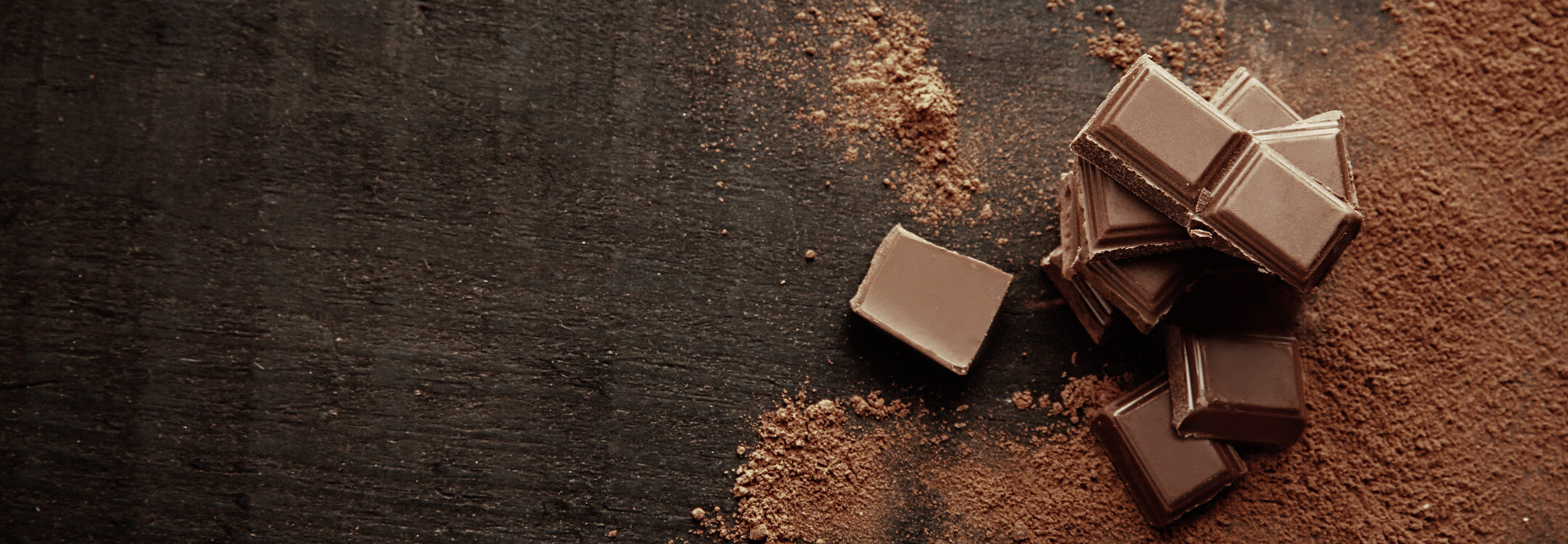
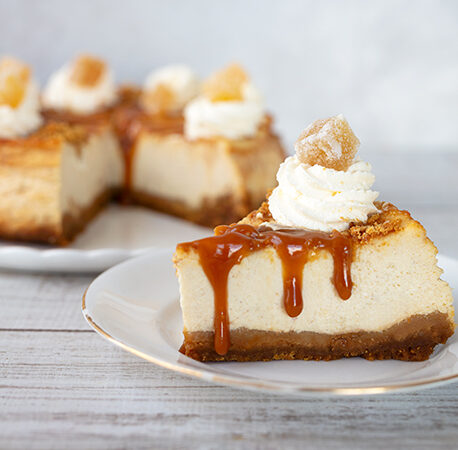
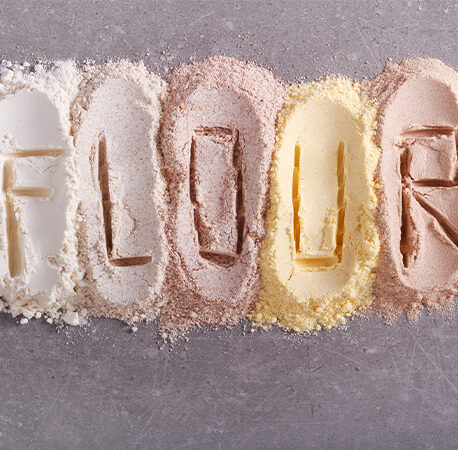
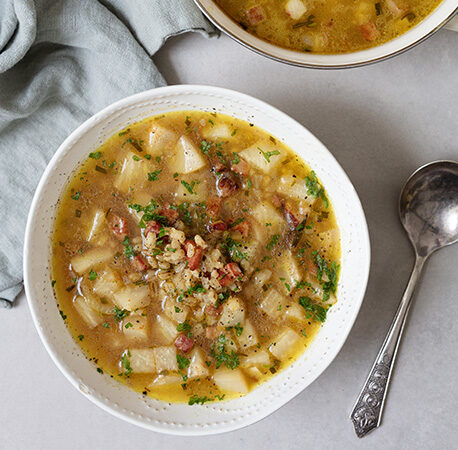
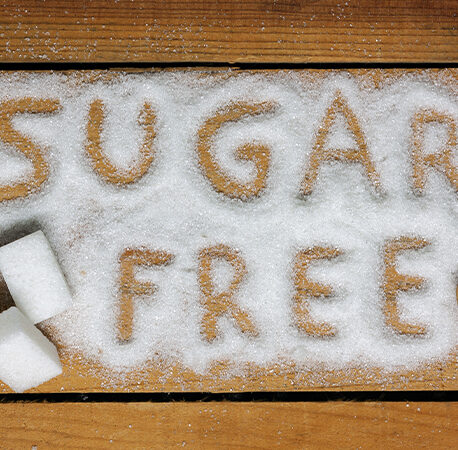
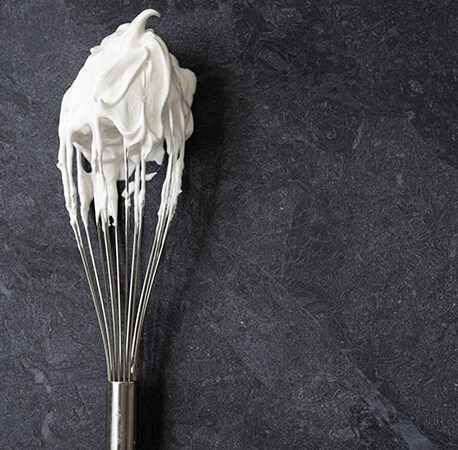
You have to be signed in to comment this post.